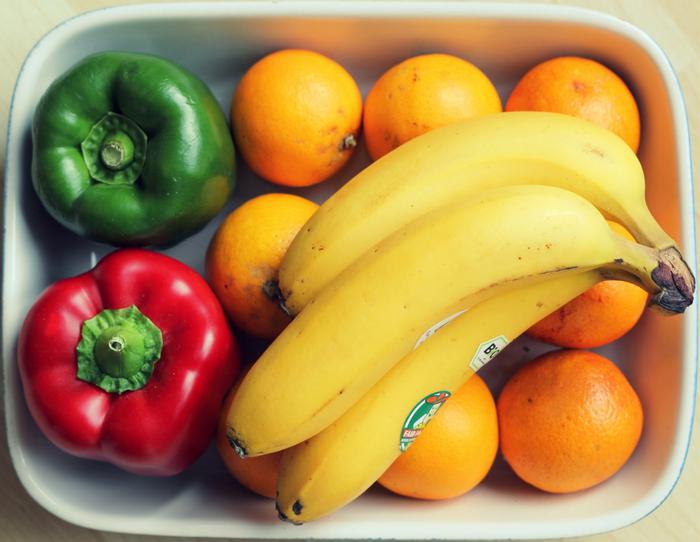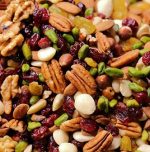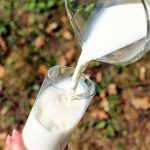Natural ways to lower cholesterol through diet

Modifying your diet can significantly reduce cholesterol levels and improve overall heart health.
By incorporating foods that lower LDL (bad cholesterol), you can reduce the risk of artery-clogging atherosclerosis and enhance your body’s fat balance.
Foods That Help Reduce LDL:
- Certain foods lower cholesterol through different mechanisms. Some provide soluble fibre, which binds cholesterol in the digestive system and removes it before entering the bloodstream.
- Others contain polyunsaturated fats that actively reduce LDL levels, while some offer plant sterols and stanols, which block cholesterol absorption.
- Starting your day with oatmeal or oat-based cereals provides soluble fibre, which helps lower LDL. Barley and other whole grains also contribute to heart health.
- Rich in soluble fibre, beans promote fullness and aid in weight management. Options like kidney beans, lentils, chickpeas, and black-eyed peas provide a variety of flavours and health benefits.
- Low-calorie vegetables like eggplant and okra are excellent sources of soluble fibre and help maintain cholesterol levels.
- Almonds, walnuts, and peanuts contain healthy fats and essential nutrients that benefit the heart. Consuming 2 ounces daily can lower LDL by about 5%.
- Replacing butter or lard with vegetable oils like canola, sunflower, and safflower can effectively reduce LDL levels.
- Apples, grapes, strawberries, and citrus fruits contain soluble fibre that helps lower cholesterol.
- Plant sterols and stanols prevent cholesterol absorption. Many products, including margarine, granola bars, and orange juice, are now fortified with these compounds. Consuming 2 grams daily can lower LDL by 10%.
- Tofu, soy milk, and other soy-based products help reduce LDL, though the effect is modest. Consuming 25 grams of soy protein daily can lower LDL by 5-6%.
- Replacing red meat with salmon, tuna, or mackerel provides omega-3 fatty acids, which lower LDL and reduce triglycerides. Omega-3s also support heart health by preventing abnormal heart rhythms.
- Although not as appealing as whole foods, psyllium supplements provide 4 grams of soluble fibre per two teaspoons, aiding in cholesterol management.
Building a Heart-Healthy Diet
A well-rounded diet that includes fruits, vegetables, whole grains, nuts, and plant-based proteins is more effective than focusing on just one or two cholesterol-lowering foods.
Following a mostly vegetarian dietary approach has been shown to reduce LDL, triglycerides, and blood pressure.
Though adjusting your diet requires effort, it offers a natural and sustainable way to manage cholesterol without relying on medication.
Moreover, a diet rich in fibre, healthy fats, and plant-based proteins benefits overall well-being, supporting blood pressure, bone health, digestion, and mental clarity.
Image from Pxhere (Free for commercial use / CC0 Public Domain)
Image Published on March 09, 2017
Image Reference: https://pxhere.com/en/photo/1065661









